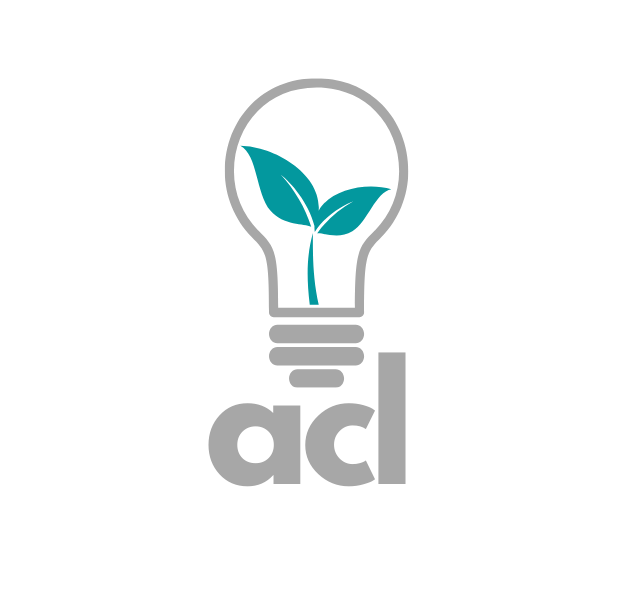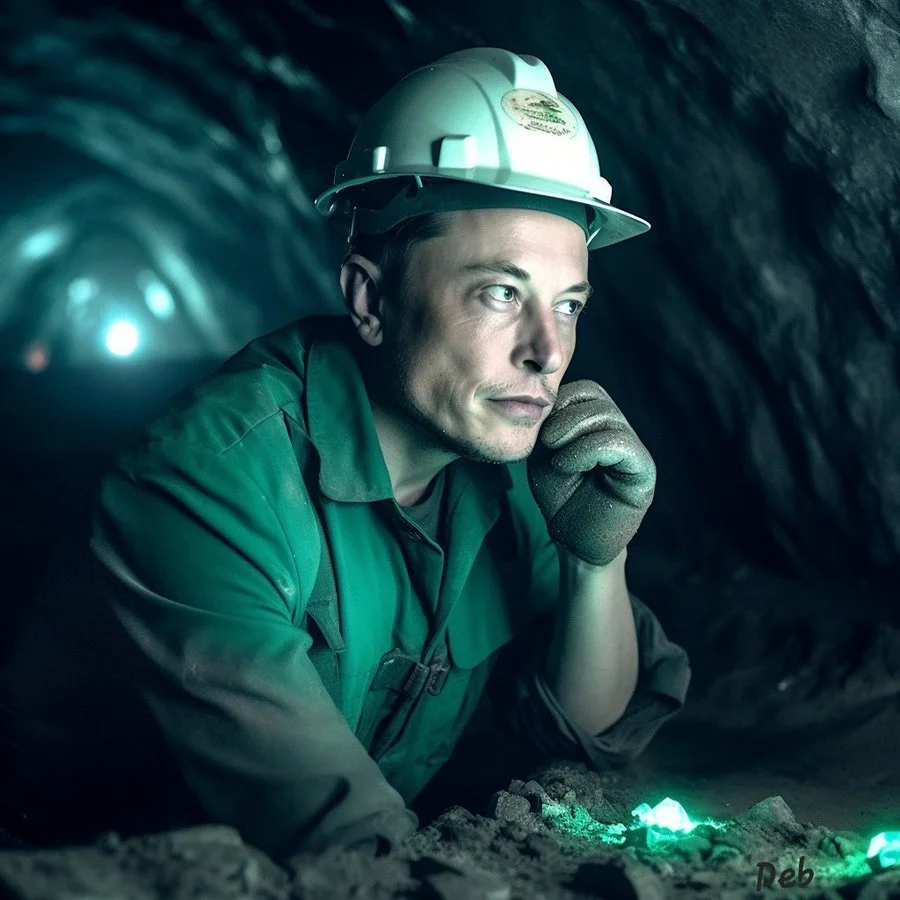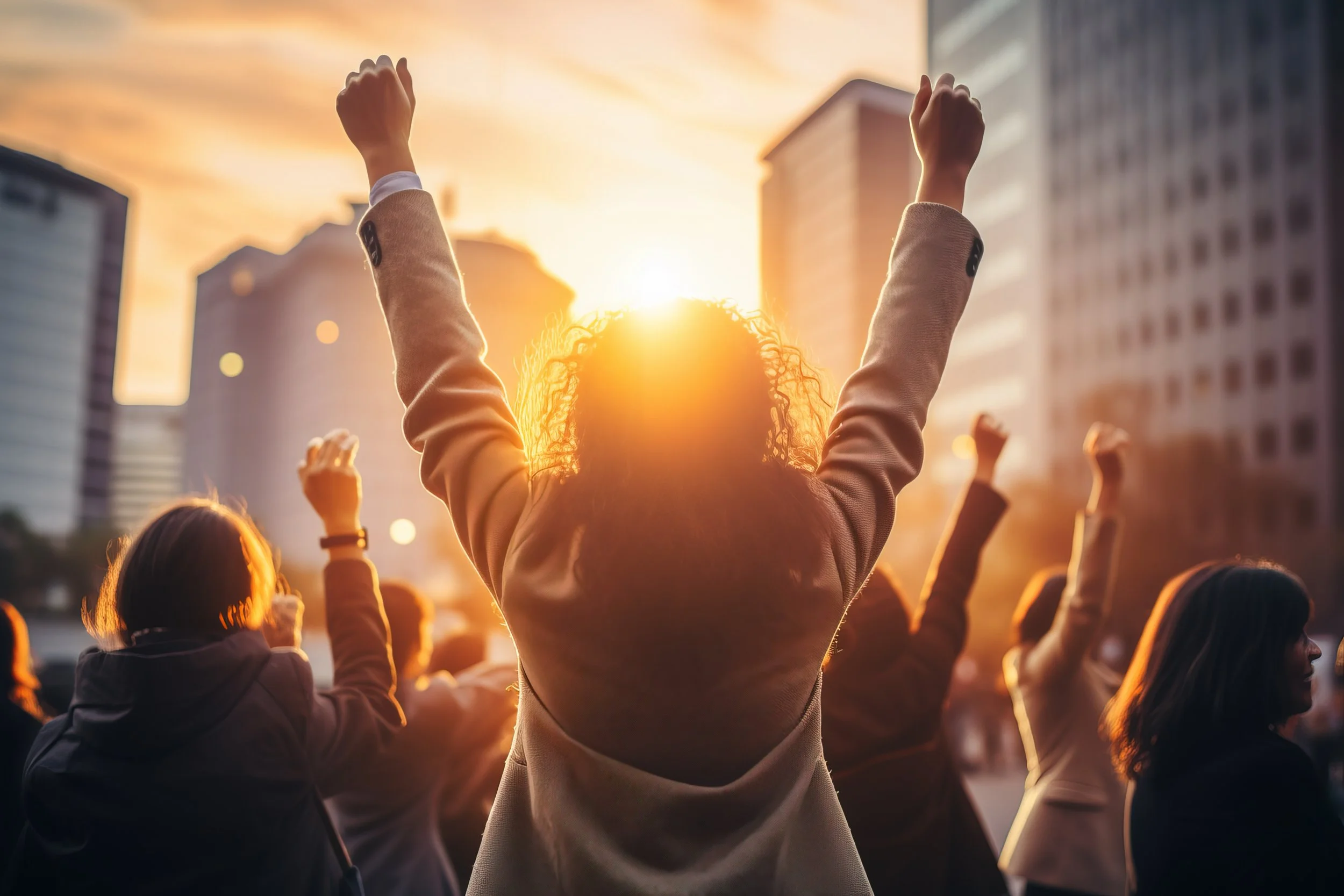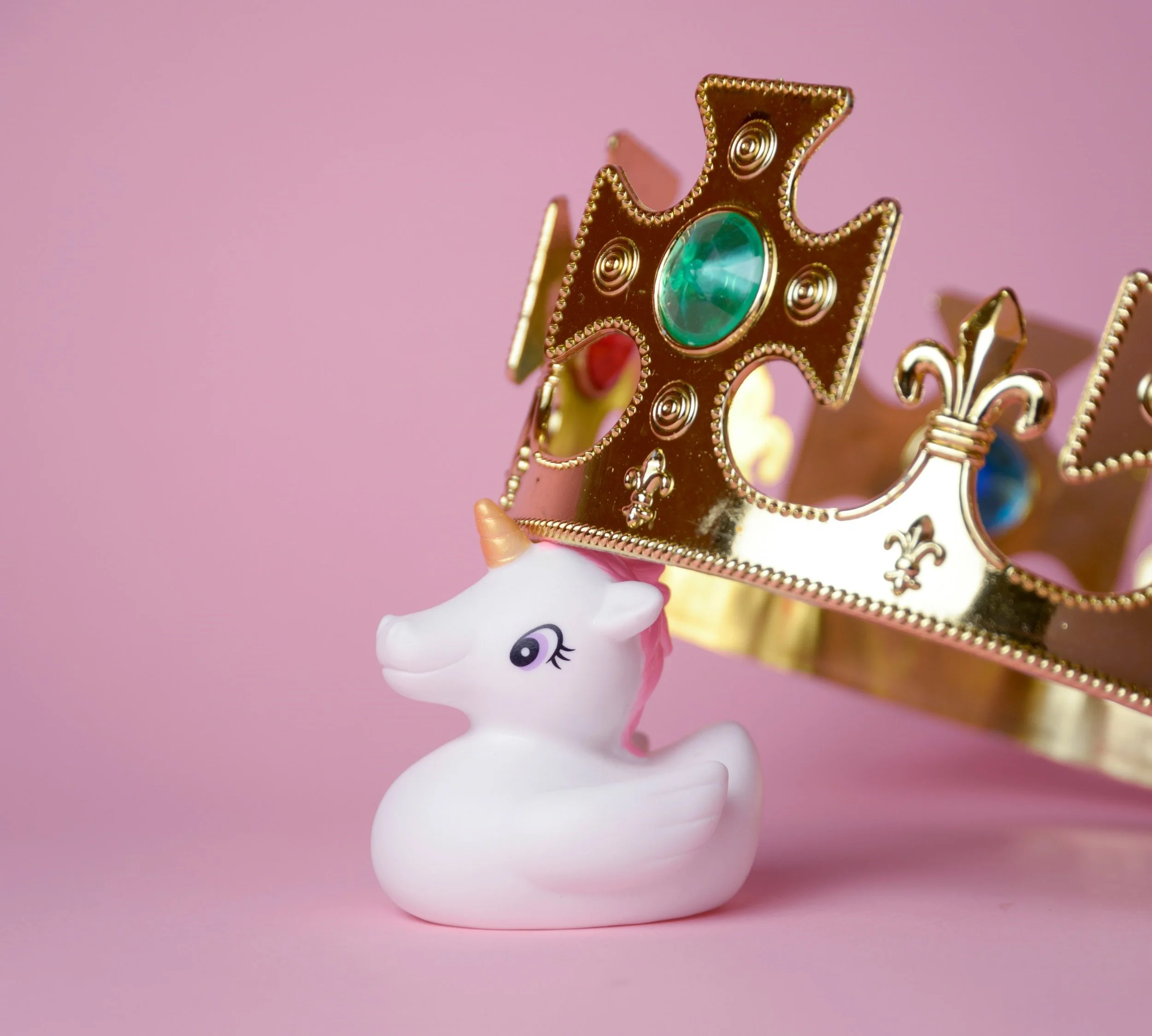DEI won’t DIE. Your employees won’t let it.
It has been really interesting seeing people discussing the death of DEI.
NOT an actual picture of Elon as a teenager on a four-day tour of daddy’s Emerald Mine. Although Dad says he definitely took him.
Particularly when one of the key instigators of the conversation is a rich, pampered, middle-aged, white guy whose dad funded his entrepreneurial escapades. (Self-made? Emerald mines much!) While Elon clearly knows his way around product innovation, I'm not expecting anyone from his background to want to change a system that’s so clearly benefitted him.
Although in reality I don't know the system necessarily allows even the likes of Elon to live an authentic life. I mean, does anyone really WANT to be that much of an asshole? This patriarchal system we live in requires men to lead equally inauthentic lives too, turning up to work and behaving like Neanderthals ‘cause that’s the only way people will pay attention and give us the respect we ‘deserve’.
But you see herein lies the problem for the aspiring Elons out there: People no longer recognise that as the only way to succeed. People don't want to put their personalities, their individuality, the aspects of themselves that create different ways of thinking, different ways of working and other ways of innovating - they no longer want to put themselves aside to fit into the same corporate shoes as everyone else.
Business people standing in the streets heralding the death of the old way of working. (Ok, this might not have happened either).
Call it a legacy of COVID, but the ability to work from home meant that for many of us we were able to deliver to expectations without having to hide who we were. People took off their corporate masks: Disabled people were able to take a breather from the hellscape of public transport, were better able to manage their energy levels, or if neurodivergent, spend less time worrying about social interactions, or whether our idiosyncrasies would see us excluded. Parents and carers got to flex their work around their family or caring commitments. Queer people and People of the Global Majority alike, sat at home in all their glorious authenticity without fear of judgement. Without worrying about whether we were appearing too black, too lesbian, too non-conforming to be taken seriously. For once we could channel the energy required in getting people comfortable with our blackness, with our queerness, into our work instead.
And like so many DEI initiatives aimed at benefiting specific people from marginalised backgrounds, the ability to work from home and show up in a more authentic fashion benefited not just those underrepresented folk, but every employee. Men who historically felt the need to mask their emotions, couldn’t talk about the challenges of fatherhood, their desire to take extended parental leave, or their need to take on more of the unpaid work in the house, without being seen as less of a man and being looked over for promotion, they too were suddenly liberated. They too got to unmask.
As I told my boss when we first went into lockdown and remote working, “We won't be able to get this genie back in the bottle”. But the evidence isn't just anecdotal, and as representing a desire for change - it's nothing new. Back in 2019 Hays Diversity & inclusion report found that “58% of professionals look for an organisation’s diversity and inclusion policies when researching a potential new employer” rising to “67% for professional services employees”. Since then, in 2021 a Momentive/Survey Monkey study found 78% of employees said that “it is important to them to work at an organisation that prioritises diversity and inclusion, and in fact more than half (53%) consider it to be “very important to them”. Worst still for those naysayer leaders, “60% of employees want to hear business leaders speaking up about social and political issues with 62% workers saying that they consider DEI to be an important factor in their company’s ability to drive success.”
The Uni-duckie is crowned the winner. Because, y’know, DEI for the win!
Frankly, employers can say and do as they please, but ultimately, they’re reliant on a workforce delivering them their results. It’s the workforce that will decide what’s important to employers and they’re saying DEI ain’t going anywhere.
Those railing against DEI fail to understand that these initiatives are there to foster inclusive environments. Truly inclusive environments don't exclude ANYONE.
We don't just fight for equity and authenticity for marginalised people and underrepresented groups, we want everyone to be able to be professionally authentic in the workplace without sacrificing their career potential. Meaning DEI is something that everyone benefits from.
And that includes you Elon.




